The tech giant's newest device, the Vision Pro augmented reality headset, has been anticipated by Apple enthusiasts since February 2.
It had a two-hour battery life and gave headaches, according to some early reviews. The $3,499 price tag will turn off a lot of prospective shoppers. Nevertheless, preorders have likely reached 200,000, or roughly 40% of the total that Apple was supposedly anticipating to sell this year.
Apple CEO Tim Cook has called using the Vision Pro a "lightbulb moment." He went on, "You only get a handful of those in your lifetime."
True or false, the Vision Pro follows a certain trend. Tech enthusiasts were thrilled in September about a new line of smart glasses produced by Ray-Ban, an eyewear manufacturer, and Meta, the parent corporation of Facebook. The voice-activated eyewear can record everything you view, send texts, and play music.
Two months later, the Pin—a brooch that allows users to communicate and gesture—was introduced by Humane, a firm created by former Apple executives. A voice-activated device that is half the size of a smartphone, the r1, captivated guests at the Consumer Electronics Show in Las Vegas in January. Its creator, Rabbit, a startup, has sold around 100,000 of them.
All of these gadgets eliminate the need for screens, keyboards, and mouse for the most part. Artificial intelligence (AI) that is "generative" in nature allows computers to learn to read, write, and comprehend text. This implies that voice, gesture, or picture control can be used to operate hardware instead of touch. Hence, AI is making it possible for new "form factors"—technical term for devices in novel sizes and shapes—just as the iPhone had a unique design from earlier models.
The wealthy in Silicon Valley are applauding the possible change. They think AI has the potential to displace smartphones as everyone's go-to gadget and open up a new market for consumer electronics. The CEO of OpenAI, the company that created ChatGPT, Sam Altman, is allegedly in talks to launch a business with Jony Ive, former head of design at Apple, to make a gadget purpose-built for AI.
The ambitious AI-focused tech tycoon Satya Nadella, the CEO of Microsoft, recently declared that "new hardware is also possible once you have a new interface."



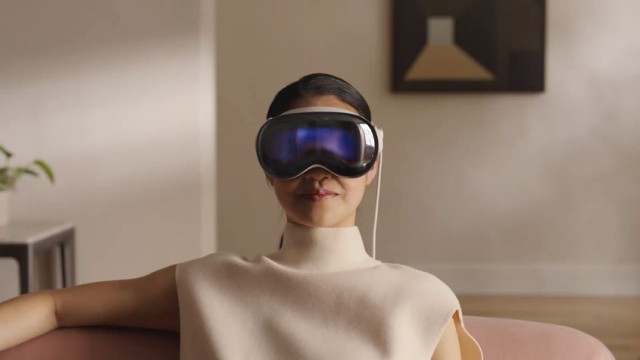

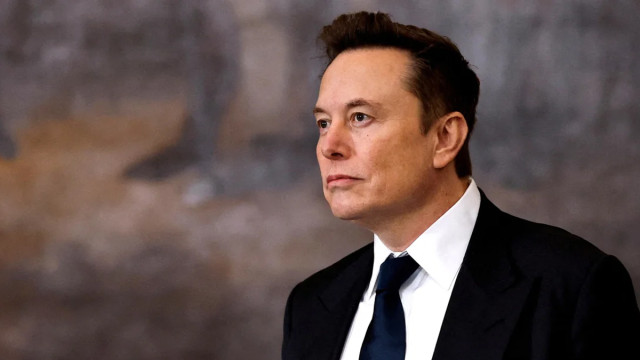


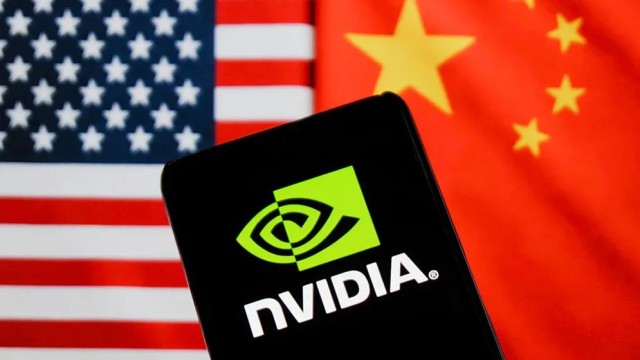
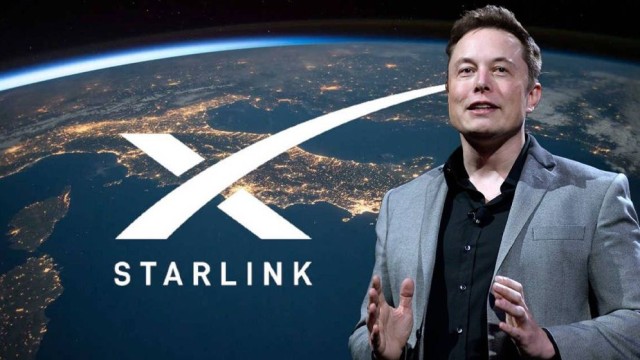





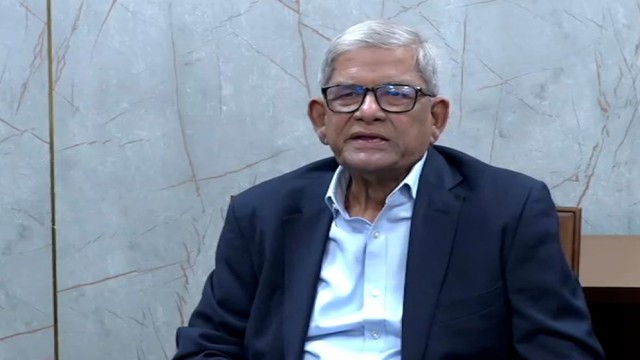
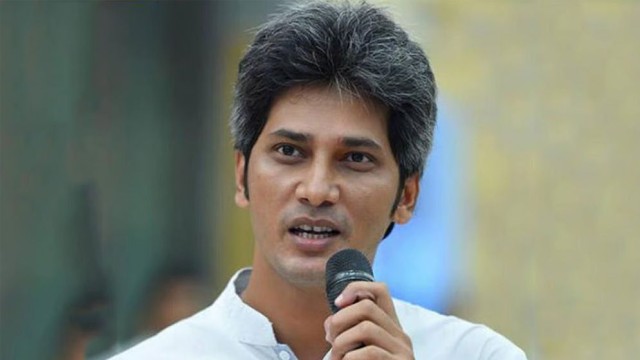
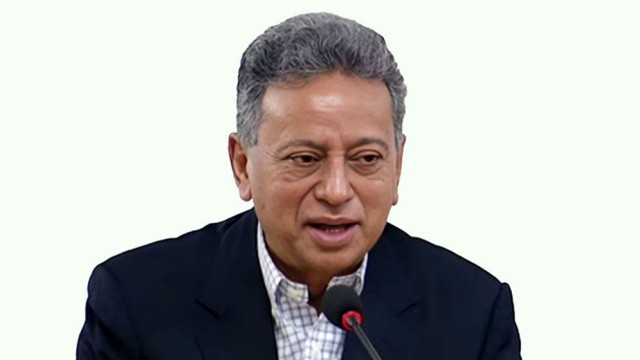













Comment: